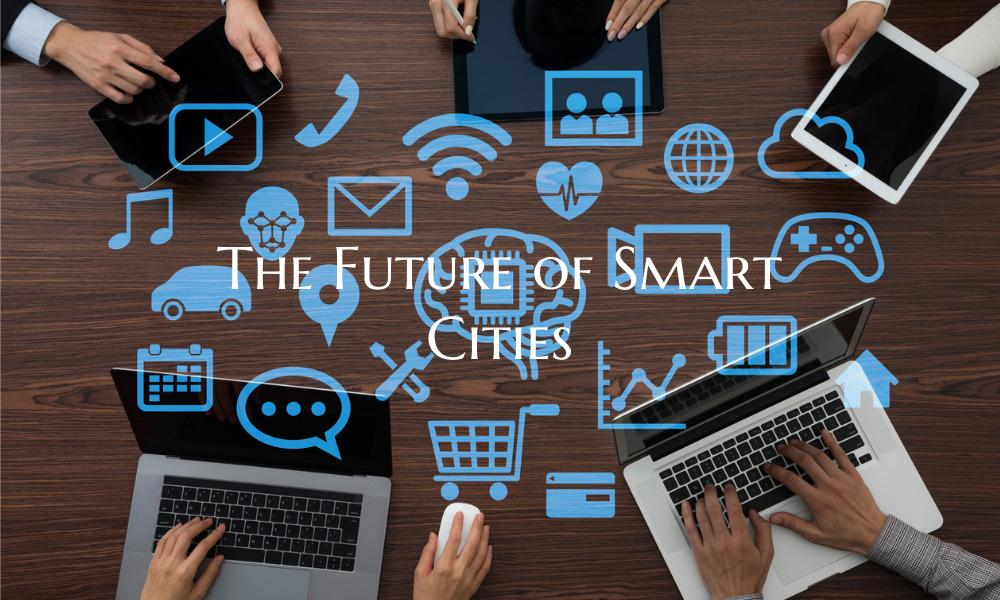The Future of Smart Cities
In an ever-evolving digital landscape, smart cities have emerged as the epitome of urban innovation, offering a glimpse into the future of urban living. Combining cutting-edge technology, sustainability, and data-driven solutions, smart cities are reshaping the way we interact with our environment and envision the urban spaces of tomorrow.
At the core of smart cities lies the concept of interconnectedness, where various components such as infrastructure, transportation, energy, and communication systems are seamlessly integrated to enhance efficiency and quality of life. Advanced sensors, Internet of Things (IoT) devices, and artificial intelligence are instrumental in collecting and analyzing vast amounts of data in real-time, enabling cities to optimize resources, improve services, and respond proactively to challenges.
One of the key pillars of smart cities is sustainability. By leveraging renewable energy sources, optimizing water usage, promoting green spaces, and implementing eco-friendly transportation solutions, smart cities are committed to reducing carbon footprint and combating climate change. Through the adoption of smart technologies, cities can monitor energy consumption, manage waste effectively, and promote a more sustainable way of life for residents.
Mobility is another critical aspect that defines the future of smart cities. With the rise of autonomous vehicles, bike-sharing programs, and integrated public transportation systems, cities are prioritizing accessibility, connectivity, and convenience for their inhabitants. Smart traffic management systems powered by real-time data analytics not only reduce congestion and emissions but also enhance safety and efficiency on the roads.
Furthermore, the concept of smart governance is reshaping the relationship between citizens and local authorities. Through digital platforms, participatory decision-making processes, and transparent communication channels, residents are empowered to engage with their city, provide feedback, and co-create solutions for the common good. This inclusive approach fosters community cohesion, boosts civic engagement, and ensures that urban planning is driven by the needs and aspirations of the people.
As we look ahead to the future of smart cities, the possibilities are endless. From 5G connectivity and smart buildings to augmented reality experiences and urban resilience strategies, smart cities are evolving into dynamic, adaptive environments that strive to enhance quality of life, foster innovation, and create a more sustainable future for all. By harnessing the power of technology, data, and collaboration, smart cities are paving the way for a more connected, efficient, and livable urban experience.

